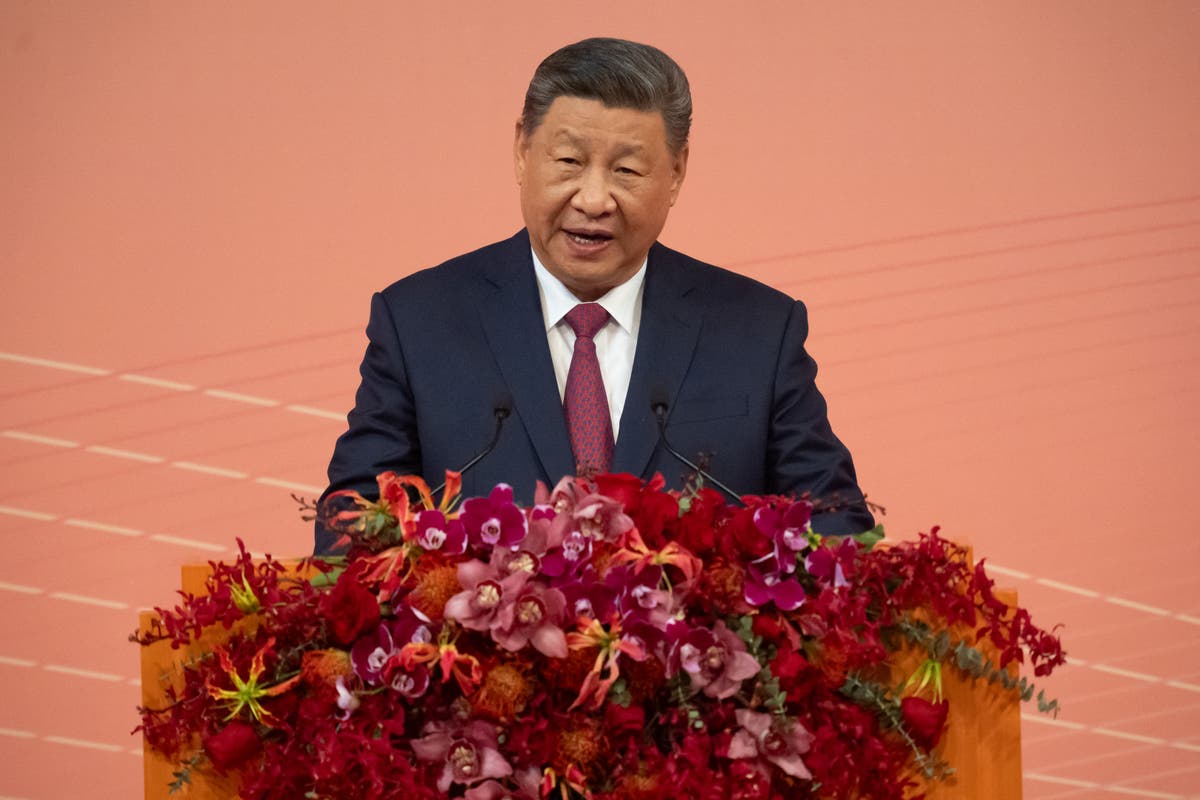Summary
Chinese President Xi Jinping reiterated in his New Year’s speech that Taiwan’s “reunification” with China is inevitable.
China has escalated military activity around Taiwan, including frequent incursions near the island and sanctions on U.S.-linked companies over arms sales to Taipei.
Taiwanese President Lai Ching-te rejected Beijing’s claims, stating Taiwan’s future can only be decided by its people.
Lai also criticized China’s restrictions on travel and education exchanges with Taiwan, calling for dignified, reciprocal relations based on goodwill and equality.



The Kuomintang fought a civil war and lost, would we be okay if the Confederacy kept Florida and wouldn’t give it back?
The Confederacy retreated to Florida. Then internally the people of Florida turned it around, repealed slavery, defeated the original Confederacy government, started a new democracy and is now thriving. Nope, leave them alone.
not even comparable. Martial law for 40 years doesn’t sound like turning it around.
Did you read the article? Martial law was lifted in 1987. That’s 38 years ago.
The PRC is still under this condition today. Say the wrong things about Xinnie the Pooh and you will be disappeared, martial law or not.
How much undocumented atrocities occurred in China that you can’t even link a Wikipedia article to? And are you willing to accept what’s written about the Tiananmen Massacre on the same site that you linked to? If not, then stop linking to a site that you don’t believe in.
That’s quite a democracy.